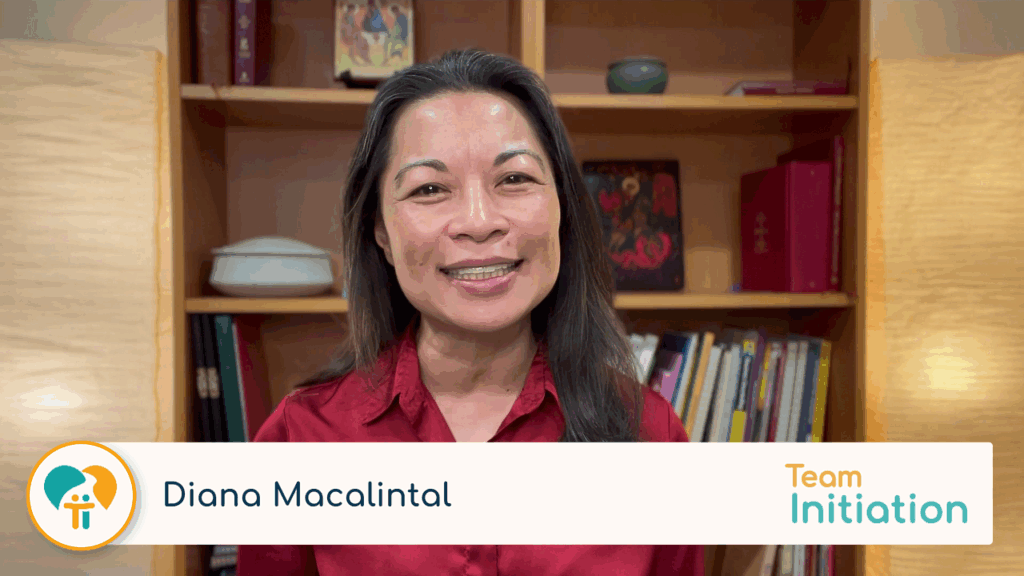![Question mark by Marco Bellucci [via Flickr]; Tagged as election 3534516458_48e4e8595f_m[1]](https://teaminitiation.com/wp-content/uploads/2009/11/3534516458_48e4e8595f_m1.jpg) With catechumens, there are two kinds of discernment. There is an ongoing discernment that begins the moment the seekers become catechumens. And there is at least one formal discernment to determine if the catechumen is ready to celebrate the Rite of Election.
With catechumens, there are two kinds of discernment. There is an ongoing discernment that begins the moment the seekers become catechumens. And there is at least one formal discernment to determine if the catechumen is ready to celebrate the Rite of Election.
Ongoing discernment
Honestly, I don’t use the word discernment all that much when I’m working with catechumens. It has a bit of a mystical tone to it. And, because it’s not a word most seekers use in their own conversation, it can sound special. As though you have to have special knowledge or special training to discern. With catechumens, I’m more likely to speak about “change” or “difference.” I ask them to pay attention to the changes in their lives as they learn to live the way of faith. Periodically, I ask them what’s different about their life now from before. The answers they give—to me, to their catechists, to their sponsors, and to themselves—are what make up the ongoing discernment process. By asking them to notice the changes, I’m attempting to make the catechumens responsible for their own discernment. If they can begin to choose (discern) actions that reflect the Christian way of living in the world, they will become active participants in their own formation process. Of course, if they are not making these choices, that is also discernment. They are discerning that they are not yet ready to respond to the promptings of the Holy Spirit.
The first formal discernment question
Years ago, when I lived in another place, I volunteered to help with a parish catechumenate team just after Advent had begun. All of the catechumens in that parish had been accepted into the catechumenate about ten days before I met them. And every single one of them already knew they were going to be baptized at the coming Easter Vigil. You could have picked me up off the floor. Of course, what was happening in that parish was not a discernment process. There was, instead, a very tight syllabus of classes. If the catechumens attended all—or even some—of the classes, they were guaranteed a baptism.
What the church requires is something much more profound. Instead of a syllabus, the church requires a systematic initiation into the worship of the Lord. That “system” is the liturgical year—which reveals to us the fullness of the mystery of Christ’s sacrifice. So the very first question in a formal discernment process is, has the catechumen entered into the fullness of the mystery of Christ’s sacrifice? That is, has he celebrated the entire liturgical cycle with the worshiping community? All subsequent discernment questions flow from that first one.
If the catechumen is unaware of the full mystery of Christ’s sacrifice—the same sacrifice the catechumen will share in baptism—do any of the other discernment questions really matter?
See also these related articles:

















